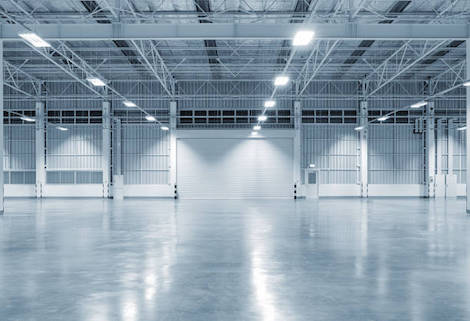Labor shortages continue to impact many different sectors. Logistics has been hard hit with labor shortages impacting multiple points within the supply chain. There are shortages across production workers who make products, dock/ warehouse workers who load and unload product, and truck drivers who haul products. Labor shortages, and growing consumer demand, continue to cause stress on the ever-so-important supply chain.
The warehouse and transportation industry had a record 490,000 openings in July, a number that experts believe will grow in the coming months. And with Black Friday and the hectic holiday season less than a month away, things will get uglier. Here are a few things that should be anticipated due to the labor shortage:
Longer production times
The supply chain crisis has already led to a lack of products in stores. But a thinning production staff could mean that some products may not be made on time, or at all. Whether it’s breakdowns in the assembly line or not enough people to oversee automation, there’s a lack of personnel that would normally be responsible for the timely manufacturing of products.
Loading and unloading troubles
When off-shore containers finally make their way towards the docks, there may not be enough workers to unload them, and then truck drivers to haul the goods away. But that’s not all, once the goods arrive at the company’s warehouse or distribution center, again there may not be enough warehouse workers to unload the goods from the truck. Backups at loading docks will continue, and having fewer people to tend to these issues will only add fuel to an already raging fire.
Higher costs
Because of labor shortages across the chain, shipping costs have sky-rocketed. Manufacturers who can’t meet promised on-time delivery windows, or fill full truckloads with products, are paying penalties. Shippers are scrambling to find innovative ways to automate supply chain processes and reduce costs. Some have turned to intelligent automation technology to automate freight procurement, which has reduced truckload cost and improved on-time delivery. Others have turned to actionable, real-time data to uncover cost reduction opportunities and make important decisions ground in facts and data.

